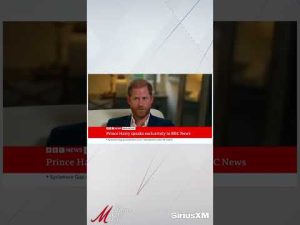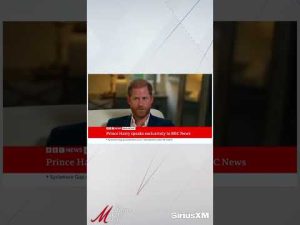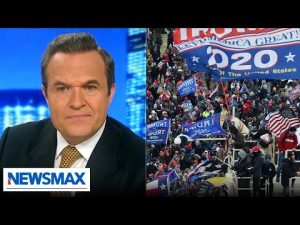In the modern political arena, the art of sound bites and selective editing seems to dominate the narratives we consume every day. Recently, a controversy erupted from a snippet that emerged from an interview with former President Trump. The segment, widely circulated and criticized, featured Trump responding to questions about constitutional obligations and due process. The sound bite painted a picture of uncertainty and lack of knowledge, but upon closer inspection, it is evident that the context tells a different story.
Critics from progressive circles, such as commentators from left-leaning shows, aggressively capitalized on the opportunity to question the former President’s competence. They implied that his hesitance was a dereliction of duty, using it as a springboard to assert that he was oblivious to his presidential responsibilities. However, any well-informed observer would realize that Trump was referring to the complexity of constitutional law and due process, areas often contested and interpreted by legal experts. His mention of relying on the guidance of his lawyers underscores a realistic and practical approach to governance rather than any incompetence.
It’s essential to recognize that not every political leader needs to possess an encyclopedic knowledge of every nuanced legal detail. Presidents have a cadre of legal advisors precisely because the law is not always black and white. In these circumstances, acknowledging the role of the Supreme Court and other judicial entities as the ultimate interpreters of the law is not an admission of ignorance; rather, it underscores a respect for the judicial process and the separation of powers. Trump’s critics conveniently ignored this aspect in their selective reporting.
Furthermore, Trump highlighted the massive challenge posed by managing immigration and crime effectively while adhering to constitutional mandates. His argument provided insight into the tension between ensuring public safety and abiding by legal protocols that may require exhaustive trials. The mainstream media and its allies, however, chose to focus only on his initial uncertainty without providing the whole context of his remarks.
This episode serves as yet another reminder of how critical context is in media narratives. Selective editing can sway public opinion and create misconceptions. To truly understand a political statement or position, one must listen beyond the sound bites and examine the full conversation. It also invites a broader reflection on media responsibility and the necessity for viewers to seek out comprehensive information. In the end, understanding and appreciating the complexities of governance requires more than just compulsive headline-chasing—it requires a quest for the full story.







